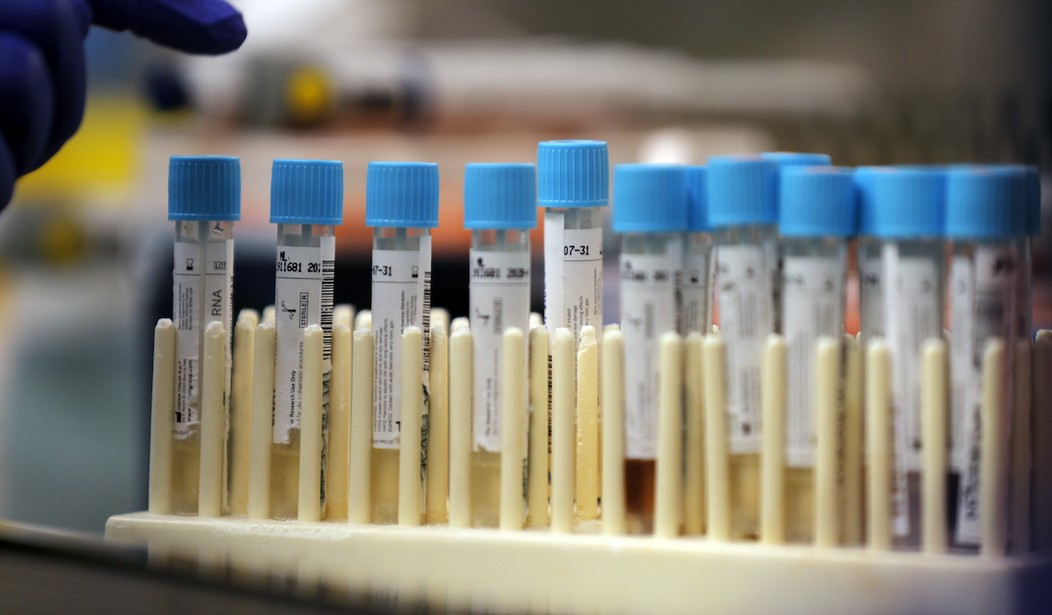Earlier this week, Washington University School of Medicine in St. Louis published findings from a study indicating that people who experienced mild cases of COVID-19 may, in fact, have a long-term — perhaps lifelong — antibody protection against re-infection.
Per the University’s News Release, issued Monday:
Months after recovering from mild cases of COVID-19, people still have immune cells in their body pumping out antibodies against the virus that causes COVID-19, according to a study from researchers at Washington University School of Medicine in St. Louis. Such cells could persist for a lifetime, churning out antibodies all the while.
The findings, published May 24 in the journal Nature, suggest that mild cases of COVID-19 leave those infected with lasting antibody protection and that repeated bouts of illness are likely to be uncommon.
The article explains the mechanism of the immunity thusly:
During a viral infection, antibody-producing immune cells rapidly multiply and circulate in the blood, driving antibody levels sky-high. Once the infection is resolved, most such cells die off, and blood antibody levels drop. A small population of antibody-producing cells, called long-lived plasma cells, migrate to the bone marrow and settle in, where they continually secrete low levels of antibodies into the bloodstream to help guard against another encounter with the virus.
The study also posits that even those who remained asymptomatic may have long-term immunity. A larger question remains as to those who experienced a more serious bout with the virus:
“It could go either way,” said first author Jackson Turner, PhD, an instructor in pathology & immunology. “Inflammation plays a major role in severe COVID-19, and too much inflammation can lead to defective immune responses. But on the other hand, the reason why people get really sick is often because they have a lot of virus in their bodies, and having a lot of virus around can lead to a good immune response. So it’s not clear. We need to replicate the study in people with moderate to severe infections to understand whether they are likely to be protected from reinfection.”
KMOV featured an interview with Dr. Ali Ellebedy, PhD, associate professor of pathology and immunology at Wash U, last night, discussing their findings.
Dr. Ali Ellebedy, PhD, an associate professor of pathology and immunology, said his findings quash rumors that antibody protection only lasts 90 days.
“That is exactly why we started the study,” Dr. Ellebedy said. “We knew that this was a misunderstanding of how our immune response works.”
Obviously, the extent of any long-term antibody protection needs to be (and will be) further investigated — including the effect of vaccination. But this is certainly encouraging news.
It also lends credence to the rationale expressed by Rand Paul — one which has prompted a certain segment of the population to lose their ever-lovin’ minds. (I’m still working on understanding the logic behind threatening violence or death to someone — for making a rational medical decision — in the name of public health and safety…)













Join the conversation as a VIP Member